RHI scandal: Politicians and how they use social media
- Published
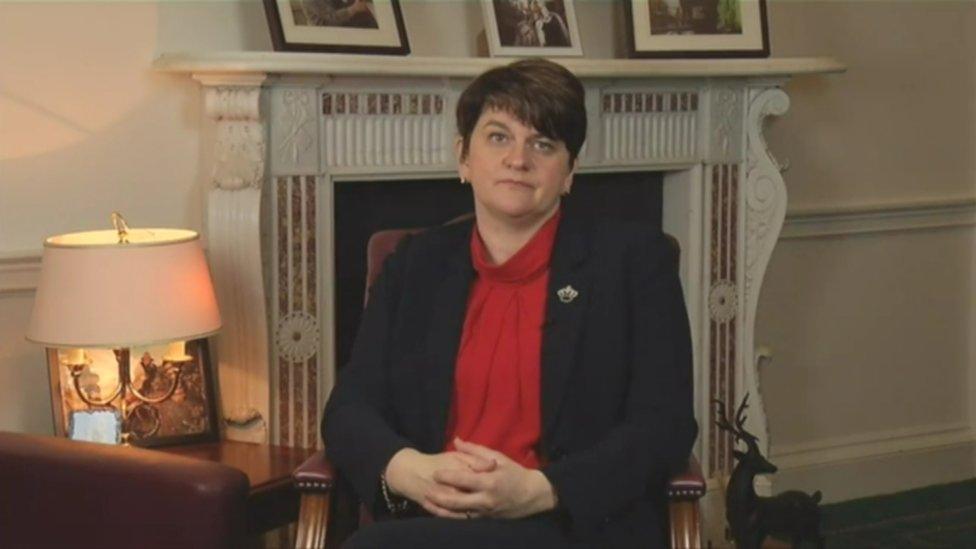
Rather than face questions from journalists, on Monday Arlene Foster spoke directly to her social media followers via a Facebook video
We live in an age of social media, a medium that has changed how we all communicate, including the political class.
These days more and more politicians use platforms such as Facebook and Twitter to share their views with the public.
But was Arlene Foster's decision to respond to Martin's McGuinness' resignation via a video posted on Facebook, external an attempt to control the message?
Rather than face questions from journalists on this occasion, the outgoing First Minister opted to go direct to her social media followers.
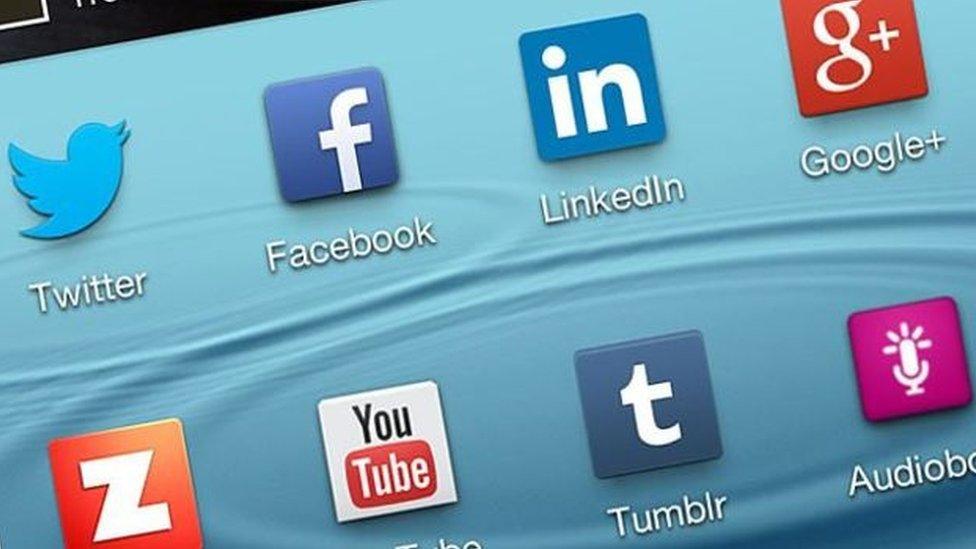
Social media platforms allow politicians to engage directly with voters without facing difficult questions from journalists
It's a tactic used by many politicians, says Nic Newman, a research associate at the Reuters Institute for the Study of Journalism at Oxford University.
"Politicians have never liked having their messages mediated by TV and print. Before social media they had no option and to reach large audiences they had to go via the (traditional) media," said Mr Newman, who specialises in digital and social media.
"Today they can talk and engage directly with millions of voters without difficult questions from journalists.
"What is really happening is a new form of media management, and this gives politicians more control."
Bo-Jo U-turn?
Step forward Boris Johnson.
Despite accusing Donald Trump of "quite stupefying ignorance" and being "clearly out of his mind" during the US Presidential election campaign, the foreign secretary appeared to change tack this week.
My way or no way? Politicians and how they use social media
In a short video posted to the British Embassy in Washington's Twitter page, Mr Johnson praised the US President elect's "exciting agenda of change".
No news conference, no press, no probing questions on claims of a U-turn.
Top Twitter Trumps
And love him or loathe him, Donald Trump revolutionised the social media game for politicians during last year's election race.

He used Twitter, in particular, as a battleground for a war of words with his critics - from Hillary Clinton to the cast of the Broadway show Hamilton to, most recently, Hollywood actress Meryl Streep.
Even Trump's incoming White House Press Secretary Sean Spicer said last month that the new president may not hold regular press conferences, instead replacing them with live chats on social media.
However, media commentator and former Fleet Street editor Roy Greenslade doesn't think this poses a threat to mainstream journalism and the job of holding public figures to account.
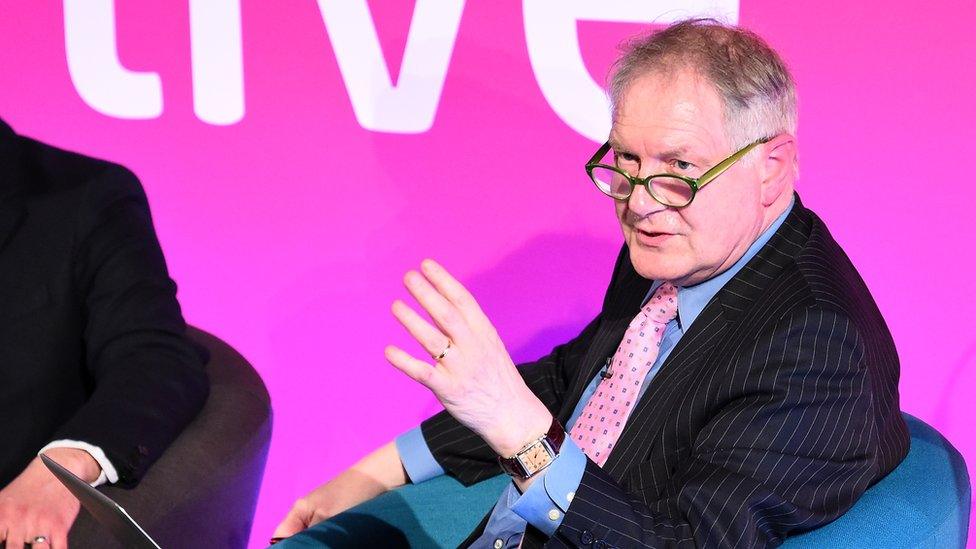
Roy Greenslade believes Donald Trump's attempts to control his message via Twitter didn't stop journalists from critiquing his words
"What's at the heart of all of this is whether the public trust what you are saying and whether it is valid and credible," he said.
"(By posting on social media) politicians can bypass questions from journalists but they can't bypass analysis by the media afterwards.
"Look at Donald Trump and his tweets during the US election campaign. That didn't stop journalists from analysing and critiquing his words."
Changing times?
Journalists and politicians have never been easy bedfellows but could social media - and how it's increasingly being used by those in power - change the traditional relationship between the two?
"Increasingly we are seeing politicians using social media to get their main messages out unchallenged," said Nic Newman.
"The attention and discomfort (to them) makes no sense in a world where they can get messages across without that kind of scrutiny.
"An overly negative media and one that portrays politicians as 'near criminals' has a lot to answer for.
"But there's clearly a long history of politicians manipulating people through propaganda and we should be concerned about the way social media's algorithms... appeal to emotion rather than facts and evidence."
- Published10 January 2017
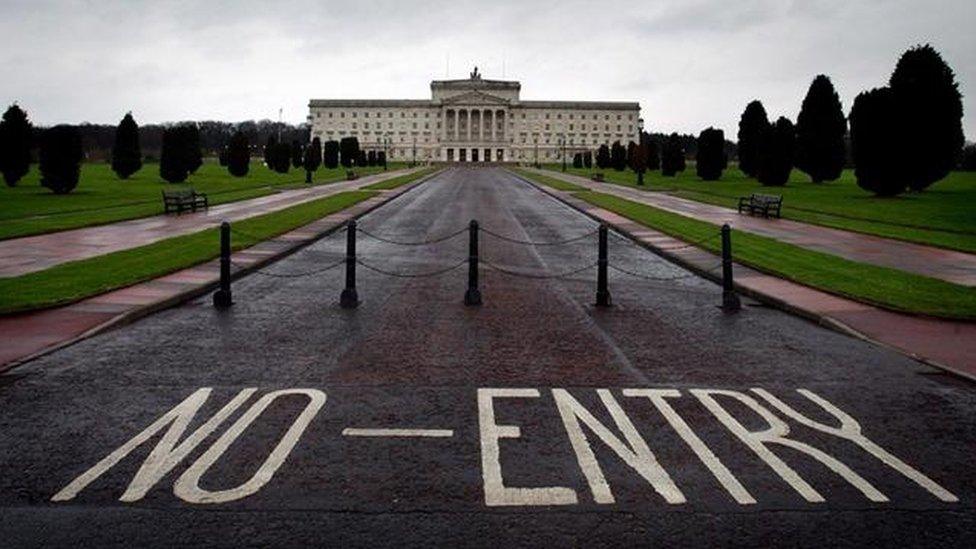
- Published9 January 2017
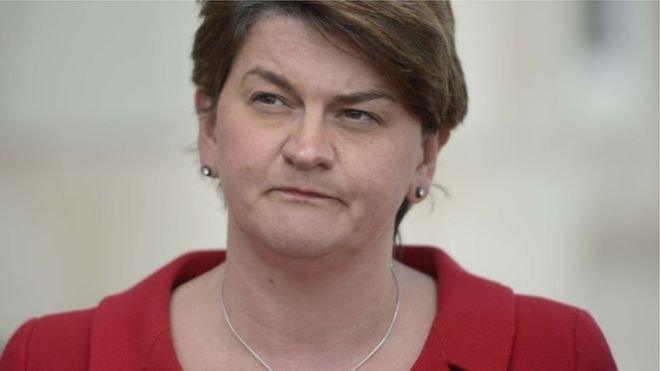
- Published10 January 2017
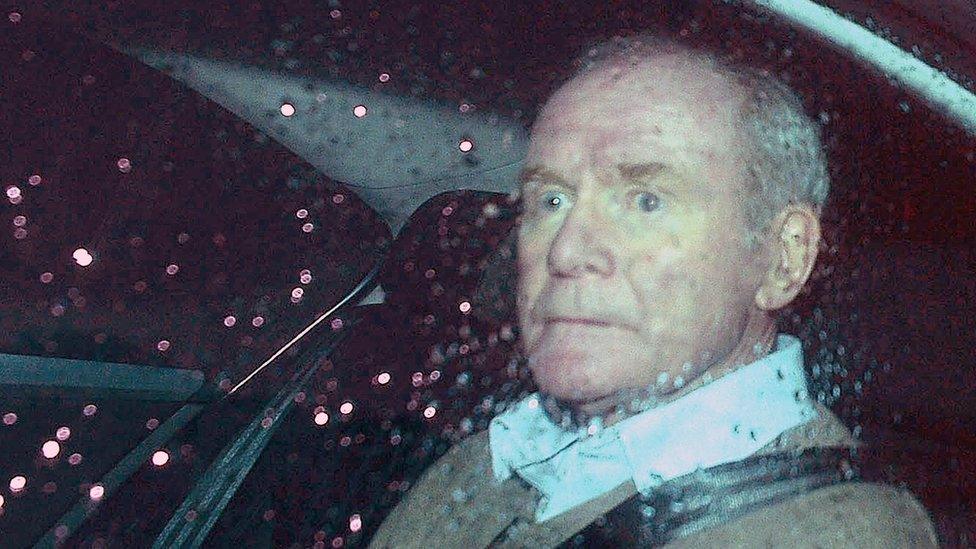
- Published23 October 2019

- Published7 November 2017
